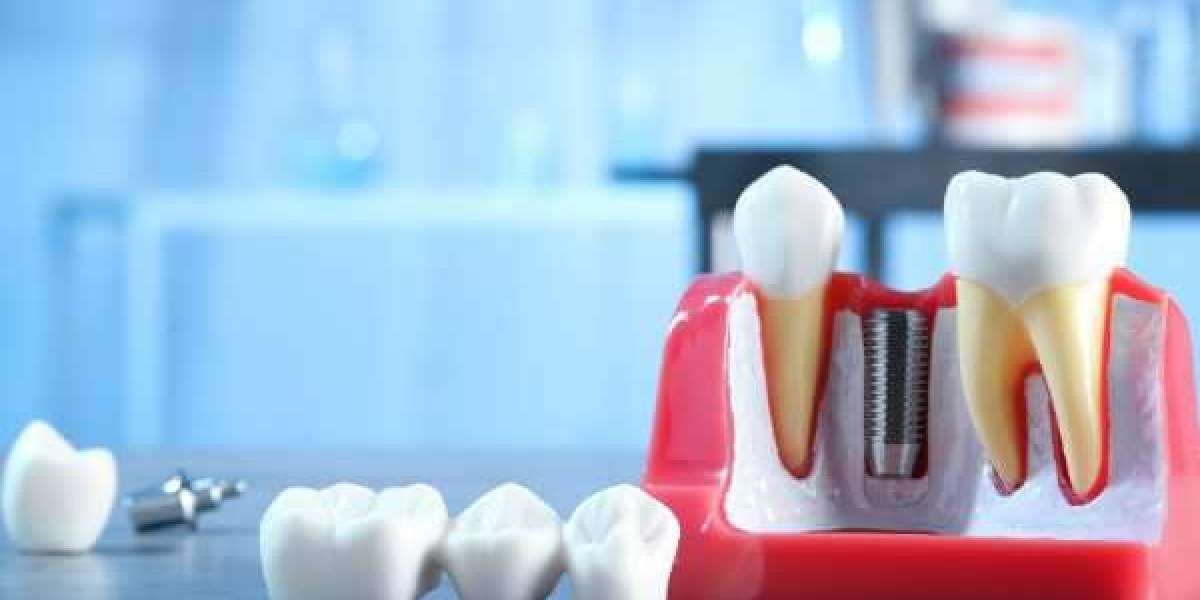Dental emergencies don’t wait for a convenient moment. One moment you’re enjoying a family dinner, a football match, or even just biting into your lunch and the next, a sharp crack, a throbbing ache, or blood in the sink. Whether it’s a chipped tooth, a knocked-out molar, or unexplained swelling, unexpected dental trauma is both painful and alarming. That’s when an urgent dentist becomes your best ally. Let’s take a look at how these professionals manage the chaos of dental trauma and get your smile back in one piece.
Understanding Dental Trauma: What Counts?
Dental trauma isn’t limited to dramatic accidents. Some injuries are subtle but still serious. If a filling falls out or a tooth begins to darken after an impact, it might not look urgent, but the underlying damage can escalate quickly.
Common Types of Dental Trauma
Here are the most frequent dental injuries urgent dentists deal with:
- Chipped or fractured teeth: Often the result of biting down on hard foods, falls, or minor impacts.
- Dislodged teeth: Teeth that have shifted out of position but remain in the socket.
- Avulsed (knocked-out) teeth: Teeth that have been completely knocked out urgent action can sometimes save them.
- Cracked or split teeth: These can expose nerves and cause intense pain or lead to infection
- Injuries to soft tissue: Cuts or lacerations to the tongue, cheeks, gums, or lips.
- Lost crowns or fillings: These can leave sensitive areas exposed and vulnerable.
Prompt treatment can make the difference between saving or losing a tooth, and even preventing infection from spreading especially when handled quickly by an Emergency dentist in Peterborough.
First Response: What Happens at the Clinic?
When you arrive at the practice possibly in distress or pain the urgent dentist's priority is to assess the situation thoroughly and ease your discomfort.
The Emergency Assessment
Urgent dentists move quickly but methodically. You can expect:
- A physical examination of the injury site
- X-rays to check the roots, surrounding bone, or hidden fractures
- Questions about how the injury occurred
- Immediate pain management, if needed
Once the damage is clearly identified, the dentist will discuss treatment options. This is also the point where long-term risks, like infection or nerve damage, are evaluated.
Tailored Treatments for Different Dental Injuries
Every dental trauma case is unique, but urgent dentists have a range of solutions that can be applied straight away.
Chipped or Broken Teeth
Minor chips might just require smoothing or bonding, where tooth-coloured resin is applied to reshape the tooth. More significant damage may call for a crown to restore strength and structure.
In cases where the damage extends to the pulp (the nerve inside the tooth), a root canal may be required to save the tooth and avoid extraction.
Dislodged Teeth
If a tooth has been pushed sideways, out of its normal position, the dentist will gently reposition it and use a splint (a small wire or soft composite) to keep it stable. The pulp will be monitored over time to see if it recovers or needs further treatment.
Knocked-Out Teeth
This is one of the few true drop everything emergencies. The faster you act, the better your chance of saving the tooth.
If possible, rinse the tooth (don’t scrub it), hold it by the crown, and place it in milk or under the tongue. Get to your dentist within 30–60 minutes. An urgent dentist may attempt to reinsert the tooth and splint it into place. Success depends heavily on the time between the injury and treatment.
Cracked Teeth
Cracks can range from superficial to severe. A minor crack might not need more than monitoring, but deep cracks that reach the nerve often require a root canal followed by a crown.
In cases where the crack extends below the gum line, extraction may be the only option though a dental implant could later replace the lost tooth.
Injuries to Soft Tissue
Lacerations inside the mouth can bleed heavily, even if they’re not deep. An urgent dentist will clean the area, stop the bleeding, and may use dissolvable stitches if needed. Antibiotics may also be prescribed if infection risk is high.
Pain and Swelling: Quick Management Is Key
Many dental injuries are accompanied by pain, swelling, or inflammation. This can be localised or affect nearby areas like the jaw, cheeks, or even eyes in more severe cases.
Urgent dentists are equipped to handle this immediately:
- Local anaesthetic may be used to numb the area
- Over-the-counter pain relief is recommended and adjusted as needed
- Antibiotics are prescribed if there are signs of infection
- Infected swellings or abscesses may be drained on-site
The goal is to bring the patient to a place of stability and comfort quickly, with minimal risk of complications.
When Dental Implants Come Into Play
If a tooth is too damaged to save, a dental implant Peterborough can be a long-term solution. Implants are small titanium posts placed into the jawbone, topped with a crown that looks and functions like a natural tooth.
Many urgent care clinics work closely with implant specialists or offer the service in-house. After the initial trauma is stabilised, the option for an implant may be discussed during follow-up appointments.
Implants provide:
- A natural appearance and feel
- Strong bite function
- Long-term reliability with proper care
They’re not placed immediately after trauma, but planning can begin early for those needing permanent restoration.
What You Shouldn’t Ignore
It might be tempting to see how it goes, especially if the pain isn’t severe. But certain signs mean you should seek urgent care immediately:
- Bleeding that lasts longer than 10–15 minutes
- Severe pain unrelieved by painkillers
- Swelling that affects speech or breathing
- A visible crack or darkening of a tooth after impact
- Loss of a filling or crown causing sensitivity or pain
Waiting can turn a fixable issue into something far more serious and more costly to repair.
Prevention: How to Minimise Future Dental Emergencies
While you can’t avoid every accident, there are ways to reduce your risk of dental trauma:
- Wear a mouthguard during contact sport
- Avoid chewing on hard foods like ice or hard sweets
- Never use teeth as tools to open bottles or packaging
- Attend regular check-ups to catch potential problems earl
- Fix loose crowns or fillings before they become emergencies
A good relationship with your local dentist also means you’ll know exactly who to call when something goes wrong.
Conclusion
Dental trauma is rarely expected but urgent care makes it manageable. Whether it’s a dislodged tooth, painful crack, or swollen jaw, getting fast treatment can protect your health, restore comfort, and potentially save your smile. At EDP, our emergency dental team is here to support you with expert care when you need it most so you can get back to your day, pain-free and with peace of mind.








